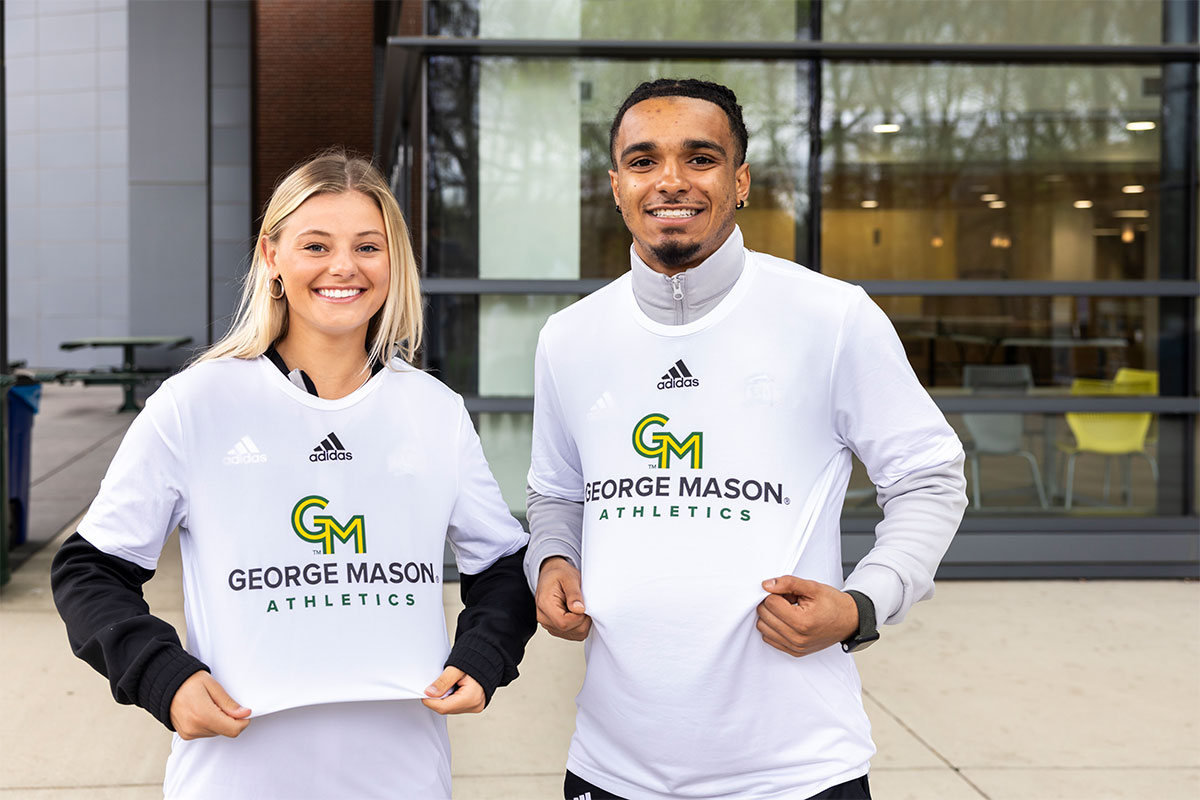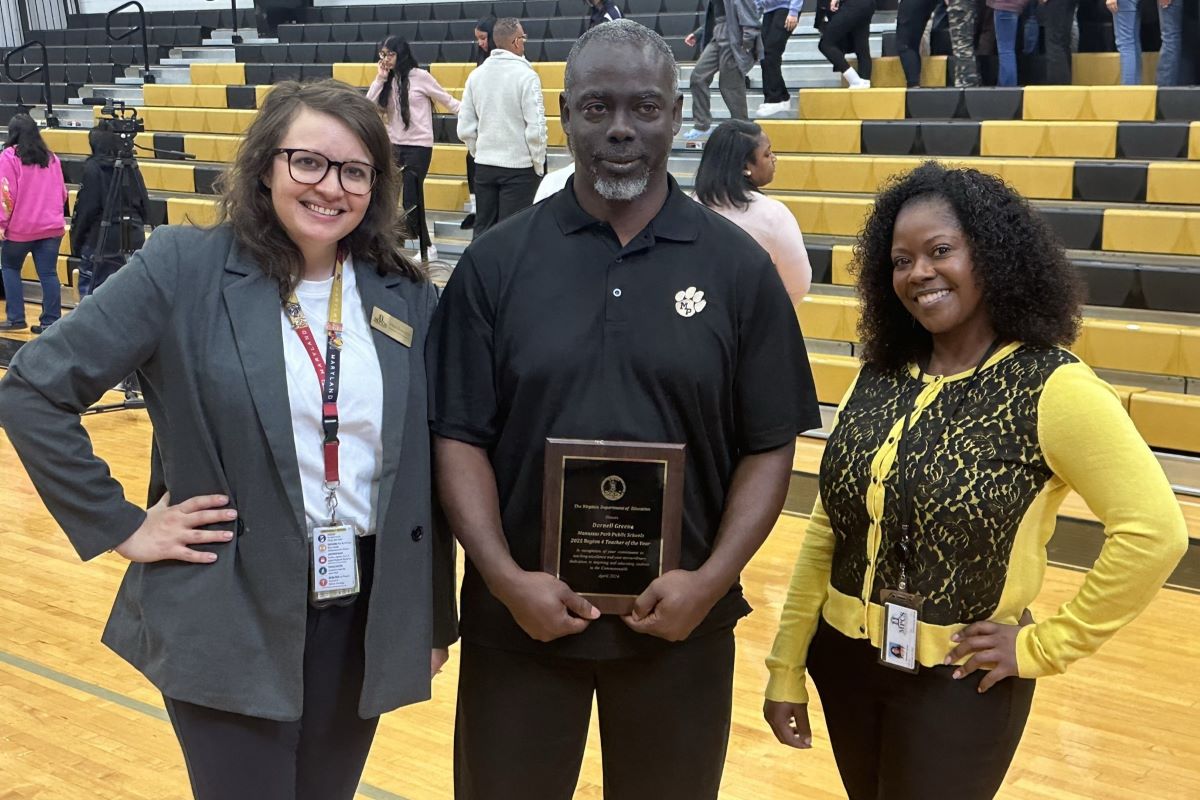
If you and your child have gotten to the point of needing to call in help, you better make sure you choose wisely. We spoke with Dr. Ralph Perrino, founder of Northern Virginia Tutoring Service and author of Issues Strategies and Concerns in Education Today, to understand the initial questions that should be asked when looking for a tutor and the dynamic that is ideal for a successful working relationship.
“The most important is do the personalities fit,” says Dr. Perrino, who has run his tutoring business for 23 years. “I’ve told parents many, many times that tutoring is literally and figuratively that chemistry; it’s clearly about a subject area but it’s also about the chemistry between the tutor and your child. The variable we’re dealing with is, in many cases, a young child, middle-schooler or teenager. And those people need to feel comfortable around the person before they can even react academically to somebody.”
So how do you go about finding a tutor who will mesh with your child? It all starts with that initial phone call. Dr. Perrino listed the questions that you should ask during that first call:
• How long have you been in business/how much experience do you have?
• What subject areas do you cover?
• Do you tutor at the level my child needs help?
• Are you experienced working with children of my child’s age and class level?
• Were you or are you a teacher? And are you familiar with the public school system?
• Do you have references you can provide?
• How will you evaluate my child?
• What testing will you conduct?
• Are you willing to communicate with my child’s teacher?
• What are your scheduling options and flexibility?
• What are your measures of success?
Perrino adds that on his end, questions will be asked of the parent as well to help him understand the needs of the child, the subject matter for which help is needed and location and scheduling information to find one of his vetted tutors (background checks are a must he says) for a match. From there, the tutor will contact the parent, and Perrino will call to check in after the first session to see if everyone feels the match will work.
With the first session, Perrino says that if a parent wants to sit in, that is completely fine, but he advises a parent understand that if there is already conflict between the parents and child when it comes to academics, it might be best to have the child and the tutor meet then follow up either after the session or with a phone call with the tutor.
As the process goes along, the next question that normally will come to a parent’s mind is: Is this working? Perrino says it’s tough to answer because of so many variables. “It depends on the student; it depends on the subject area; it depends [on] the student’s age; it depends on whether or not it is very specific like a blip in Algebra II or is Spanish where the tutor can attack and address a very specific, targeted weak link in the [subject matter],” he says. If the child is seeking help with study skills, time management skills or motivation in general: “Those are harder to nail down so measuring success depends on the subject area, the intensity or specificity of the need and whether or not the student is willing to cooperate,” he says. “Tutoring is not a miracle, it’s got to be met half way.”
And in some circumstances, the parent needs to figure out if the child would benefit more from an academic tutor or an academic coach/mentor.
In a chapter of Issues Strategiesand Concerns in Education Today, Perrino lays out the symptoms a parent should look for:
• The student avoids doing school work at almost any cost.
• Indications of declining grades are apparent.
• The student needs excessive time to complete homework.
• You find yourself re-teaching basic skills.
• The student seems frustrated and inclined to make excuses for inadequate performance at school.
“If those kind of things are clear and manifested, or the student is even experiencing psychological or physical symptoms, that indicates to me [a need for] an academic coach or mentor,” says Perrino. “If it’s somebody who historically earned As or Bs in algebra and suddenly has a C at midterm, it might be they don’t have something down properly. If the issues seem more deeply seeded and more intense and they manifest themselves in ways that are causing distress with the child or the parents, then a motivator is in order.”
A coach or mentor will teach by modeling and will work on things like using a notebook, study guide or calendar and will touch base once a week. “A [coach/mentor] is less content-based and more guidance,” explains Perrino. “It keeps them on track.”





